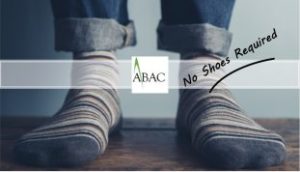The 42nd annual convention of the Association for Behavior Analysis International (#ABAi2016 or #ABAicon16 to Twitter users) has officially ended, but I am still “there,” reviewing every event, every conversation, and currently at 11:30 am, missing that amazing brunch buffet they had at the restaurant in the Hyatt Regency Chicago. I came out of those three days with my head full and mind buzzing, but there are 6 things that stand out to me as being the most valuable take home points.
You may be surprised by what they are.
We need to tell better stories.
David Freedman’s address during the opening ceremony produced a number of laughs, but his message was clear. We need to do a better job of getting people within our field and those impacted by our science to tell success stories to the public in a way that is attractive to the public. The following sums it up perfectly.
“Who do people listen to? People with high-narrative.”
“High narrative wins over rightness every time.”
“Behavior Analysts have the lowest narrative of any profession.”
Conclusion- people as a whole will not listen to behavior analysts, even if we are right, because we don’t tell our success stories in a way that is exciting. We can do this without compromising the integrity of our science…we have to do this or else dissemination will never happen.
We should tell people what our real profession is.
E. Scott Geller is not only a great presenter, he has a few excellent messages for us. My favorite- We should stop referring to ourselves exclusively as behavior analysts but call ourselves behavior scientists. Think about it. Do we just analyze behavior? Of course not. Behavior scientist is a title that lets the world know that our work is systematic and important in a grander sense, and in my opinion, legitimizes our profession beyond the autism interventionist stigma. Regardless of who we work with, we manipulate the environment to study changes in behavior, either for experimental or applied reasons…hence the term scientist. I really like the title and will probably go by “Behavior Scientist and Board Certified Behavior Analyst” going forward unless someone provides me with good reason not to.
Sit by yourself but never at a table for one.
While it may feel more comfortable to sit with people you know, or sit by yourself in a corner away from all the action, sitting by yourself at a big table in a common area may result in people asking to sit at the table with you. And when they do, talk to them. You never know who you might meet. I spent a lovely 30 minutes one morning talking to two very engaging individuals and have already been in touch with them via email.
Spontaneity is the key to great conversations.
I went into this conference with dinner reservations every night and meetups scheduled for the first two days I was there. When my dinner plans were canceled on day two because the other person in my party was not feeling well, I ended up making spur of the moment dinner plans with a colleague and had a wonderful time. When she left, I approached one of the speakers I heard earlier and ended up spending an hour having a really great conversation with someone he had been chatting with. Rather than making “plans” on day 3 and the morning of my departure, I approached people “spur of the moment” which resulted some incredible and memorable interactions.
Never send your students to a conference to present a poster without business cards.

I actively sought out 3-4 posters based on content, and stopped at probably three posters as I walked by. While I had engaging conversations with six poster presenters, I only walked away with one business card. As part of my mission to let people know when they are doing a great job and establish relationships with as many promising people in the field as possible, my intent was to send follow-up emails to each and every presenter I spoke with to thank them for their hard work. Unfortunately, if you can’t give me your contact information I am going to have trouble sending an immediate follow-up email. I gave them my card, but if they don’t know to send a follow-up email to everyone that they meet (see my next point) then they will lose out on a great opportunity to network. Nothing builds a career and a reputation better than having a network of contacts who will tell other people how great you are. I want to be that person for those graduate students. I hope they know to…
Always send a follow-up email after you have a great conversation.
This is something I knew before, but am convinced of now. I received emails from people I just met (before I could send one!) and sent emails to people I just met. This is the second step in networking. I went into this convention with the intent to develop long term relationships with the individuals I met. Trust me, after a long day, nothing helps more than an email reminding the other person where you met and what you spoke about. If you are afraid you won’t remember each person you meet, quickly write down a blurb about where you met and what you talked about on the back of their business card. Even better, if you can, immediately send the email after your conversations ends. You likely have a smart phone. Use it for this purpose. You will likely be pleased at the results.
Final Thought
After a year of anticipation and 3.5 incredible days in the city of Chicago, I am already preparing for Denver 2017. Who knows what I will learn next year, but if I learn anything nearly as important I what I learned this year, it will be worth every penny.




